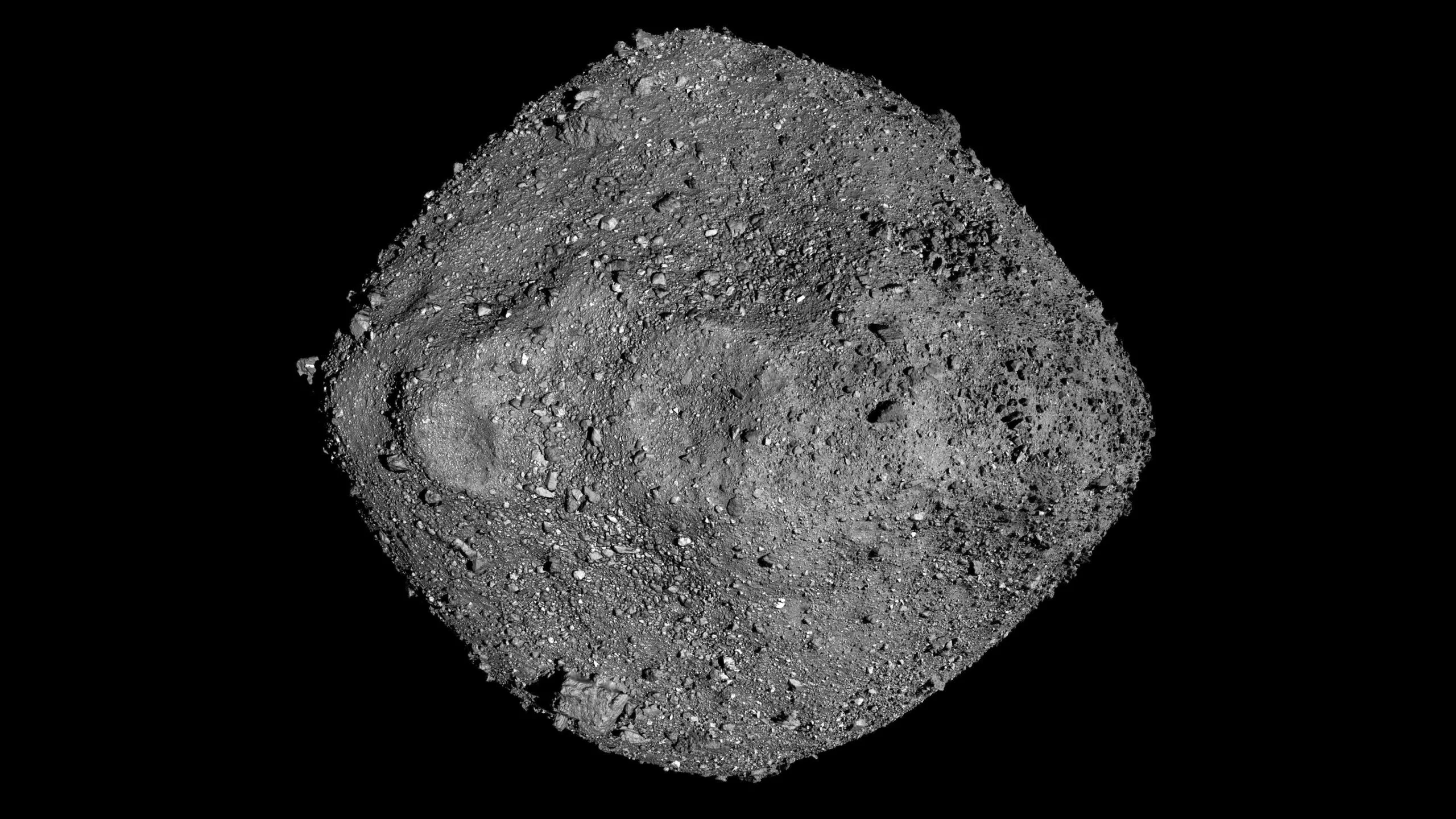
In a landmark discovery, NASA’s OSIRIS-REx mission returned samples from asteroid Bennu that contain all five nucleobases—adenine, guanine, cytosine, thymine, and uracil—the essential building blocks of DNA and RNA. This finding supports the theory that life’s ingredients may have been delivered to Earth via asteroids, offering profound insights into the origins of life on our planet.
Astrobiologists and planetary scientists emphasize the significance of this discovery. The presence of these nucleobases in Bennu’s samples suggests that the fundamental components of life are not exclusive to Earth and may be widespread throughout the cosmos. This aligns with the panspermia hypothesis, which posits that life, or its precursors, can be distributed across the universe via celestial bodies.
The implications of this discovery are vast. It not only enhances our understanding of how life might have originated on Earth but also informs the search for life elsewhere in the universe. As we continue to explore other celestial bodies, findings like these underscore the importance of astrobiology in unraveling the mysteries of life’s beginnings.






